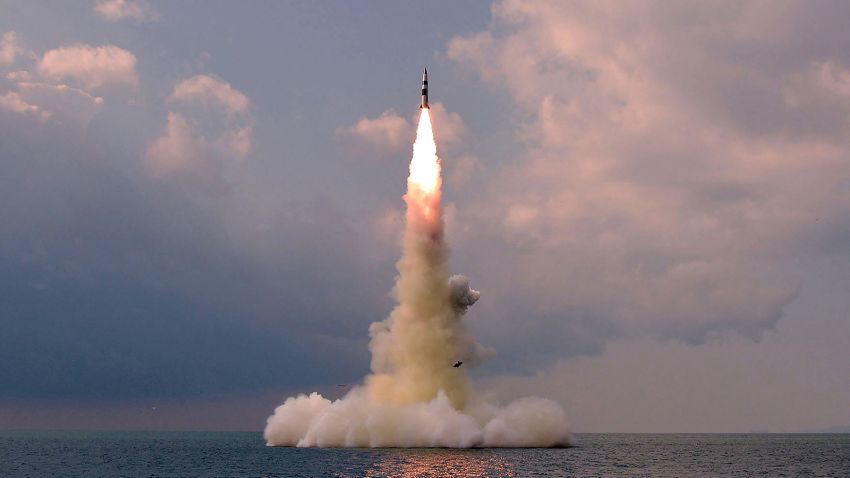North Korea fired multiple missiles into the sea on Thursday, including a possible failed intercontinental ballistic missile (ICBM), prompting the United States and South Korea to extend air drills that have angered Pyongyang.
Despite an initial government warning that the apparent ICBM had flown over Japan, triggering warning alarms for some residents, Tokyo later said this was incorrect.
The launches came a day after the North fired a daily record 23 missiles, including one that landed off the coast of South Korea for the first time, and drew swift condemnation from Washington, Seoul and Tokyo.
Since Monday, South Korea and the United States have been conducting one of the largest air exercises ever, with hundreds of South Korean and U.S. warplanes, including F-35 fighters, staging around-the-clock simulated missions.
After Thursday’s ICBM launch, the allies agreed to extend the drills past Friday, when they had been scheduled to end, South Korea’s Air Force said in a statement.
“A strong combined defense posture of the ROK-U.S. alliance is necessary under the current security crisis that is escalating due to North Korean provocations,” the statement said, using the initials of South Korea’s official name.
Diplomats said the United States has asked the U.N. Security Council to convene publicly on North Korea, a request backed by other council members Britain, France, Albania, Ireland and Norway.
North Korea has long been banned from conducting nuclear tests and ballistic missile launches by the Security Council, which has strengthened sanctions on Pyongyang over the years to try and cut off funding for those programs.
However, in recent years the 15-member council has been split on how to deal with North Korea. In May, China and Russia vetoed a U.S.-led push to impose more U.N. sanctions in response to North Korean missile launches.
On Thursday, Pak Jong Chon, secretary of the Central Committee of North Korea’s ruling Workers’ Party, said the United States and South Korea had made a very dangerous decision by extending the drills, and were “shoving” the situation out of control.
“The United States and South Korea will find that they have made a terrible mistake that cannot be reversed,” Pak said in a statement carried by the state KCNA news agency. He had previously issued statements demanding the drills be stopped.”
South Korean and U.S. stealth aircraft simulating attacks during drills are most likely what led North Korea to test a record number of missiles this week, experts say, but Pyongyang may also be turning up the heat before a potential nuclear test.


